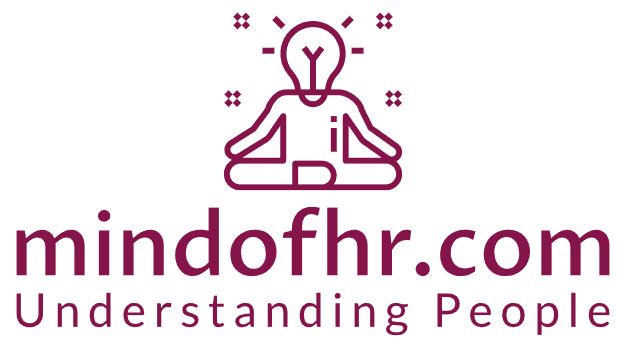Human Resources (HR) management is a multifaceted discipline that demands a diverse skill set for success. While technical proficiency in areas such as recruitment, employee relations, and legal compliance is undoubtedly essential, there’s one skill that often goes overlooked but is paramount for effective HR leadership – introspection. Introspection, the process of self-reflection and self-awareness, is a required skill for every successful HR manager. This article explores the reasons behind the significance of introspection in HR management and how it contributes to creating a thriving and harmonious workplace environment.

- Understanding Oneself:
Introspection serves as the cornerstone for understanding oneself. HR managers who engage in regular self-reflection gain insights into their own strengths, weaknesses, and behavioral patterns. This self-awareness is invaluable in a profession where interpersonal relationships and effective communication are paramount. By recognizing personal biases, preferences, and areas for improvement, HR managers can cultivate a more empathetic and approachable leadership style.
- Enhanced Emotional Intelligence:
Emotional intelligence is a critical component of successful HR management. Introspection enables HR professionals to better comprehend and manage their emotions. A heightened awareness of one’s emotional responses and triggers facilitates more effective communication and conflict resolution. HR managers who can navigate emotional nuances with finesse contribute significantly to a positive and inclusive workplace culture.
- Empathy and Relatability:
Introspection fosters empathy, allowing HR managers to connect with employees on a deeper level. Understanding one’s own experiences and emotions makes it easier to relate to the diverse experiences of others. This relatability is crucial for addressing employee concerns, fostering a sense of belonging, and creating an inclusive work environment. HR managers who can empathize with employees are better equipped to implement policies and practices that prioritize employee well-being.
- Continuous Improvement:
Successful HR managers recognize the need for continuous improvement, both personally and within the organization. Introspection facilitates a mindset of self-improvement and adaptability. HR professionals who regularly reflect on their decisions, strategies, and outcomes are better positioned to identify areas that require refinement. This commitment to continuous improvement is instrumental in keeping HR practices aligned with evolving industry trends and the dynamic needs of the workforce.
- Conflict Resolution and Problem Solving:
Conflict is inevitable in any workplace, and HR managers often find themselves at the forefront of resolution efforts. Introspection equips HR professionals with the ability to approach conflicts with a clear and objective mindset. By understanding their own biases and emotional responses, HR managers can navigate conflicts impartially, fostering resolutions that prioritize the well-being of all parties involved.

Conclusion:
In the dynamic and people-centric field of HR management, introspection emerges as a non-negotiable skill for success. The ability to understand oneself, cultivate emotional intelligence, empathize with others, and commit to continuous improvement are key attributes that set apart exceptional HR managers. By incorporating introspection into their professional toolkit, HR leaders can create a positive and inclusive workplace culture, contributing to the overall success and well-being of both the organization and its employees.











